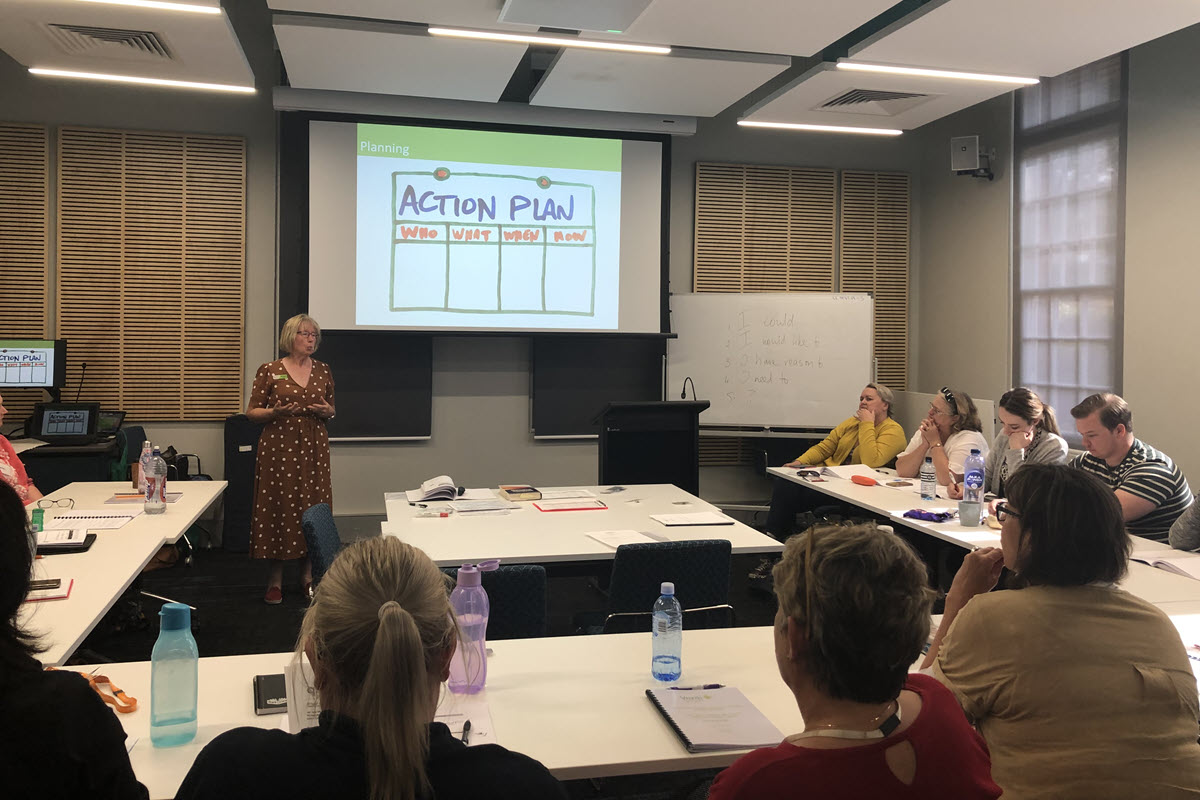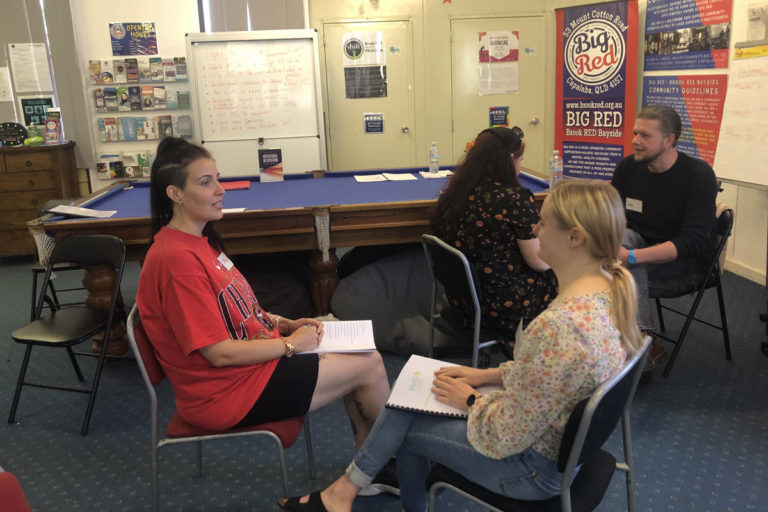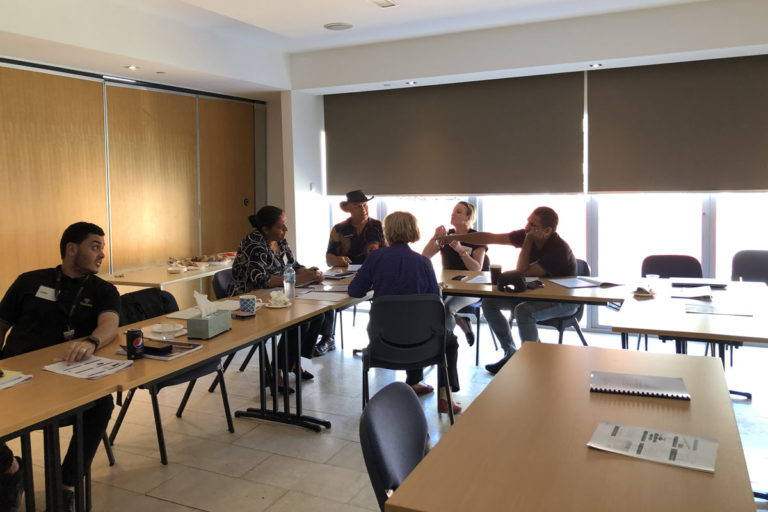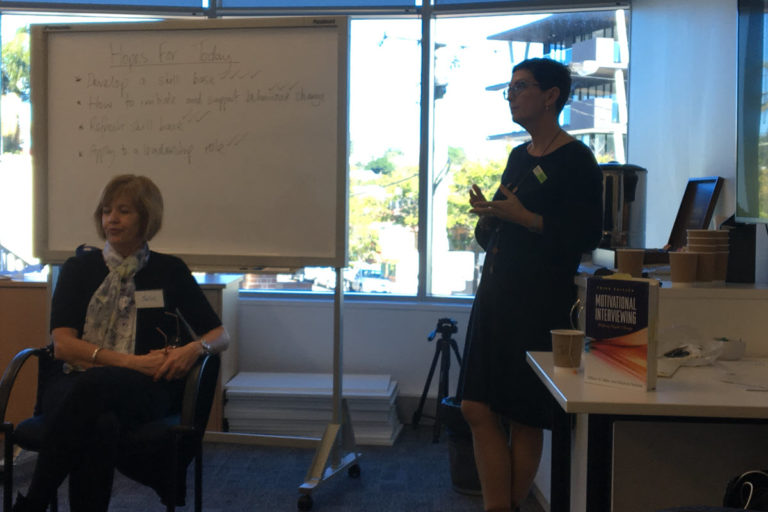Reflections on Undertaking Clinical Supervision Training
What is it that makes a clinician begin to consider undertaking clinical supervision training?
For me, after an early discouraging experience of clinical supervision (see my earlier post), I began to receive really helpful supervision regarding my everyday clinical work. I trusted and liked my supervisor and I believe the feeling was mutual. Most of my sessions were about my clients, some were about another staff member with whom I worked, and occasionally I had a session about the system in which I worked.
I always left these sessions feeling that I had a way forward with the issue I had brought to the session. The ideas and plan I generated in the supervision session were usually helpful in moving an issue forward to some sort of resolution, although on a few occasions my plan didn’t work out at all.
Over time, as a supervisee, I came to realise that part of my supervisor’s skill in helping me, was asking relevant questions and making thoughtful observations. My supervisor also sometimes used their own experience of something similar to the situation with which I was struggling. Never was I told what or how to do something.
Eventually I took my thoughts regarding becoming a clinical supervisor to my supervision session. Some of the questions I remember my supervisor asking me at that session included ‘what makes you want to do it’, ‘how do you know you are ready’, ‘what do you know about the training’ and ‘what are your best hopes in taking this step’.
I remember also discussing my concerns about becoming a clinical supervisor – did I have the aptitude, experience, credibility among my peers and managers, and the ability to learn the skills needed to be effective in the role?
I still remember the anxiety I felt on that first morning when I met with my training group and our facilitators. I found it reassuring that we developed our own ‘code of conduct’ for the duration of the course. Our study of some of the dynamics involved in supervision, such as transference and parallel process, provided me with knowledge that I still draw upon in clinical supervision sessions today. However, the most valuable part of the training for me was the actual practice of clinical supervision in small groups. An experienced supervisor facilitated and provided supportive and comprehensive feedback as we undertook the role of clinical supervisor – what a rich vein of learning I had struck in this course!
Consideration of and knowledge about the supervisor’s ethical and legal responsibilities, debunking some of the myths around supervision and application of theory to practice were also valuable parts of the course. It was helpful for me to recognise the importance of having supervision of my supervision and it was (and still is) reassuring to be able to receive assistance to improve my practice of clinical supervision.
Are you considering training to be a clinical supervisor? Veriti is offering a four day course for beginning clinical supervisors (2 days in April and 2 days in June 2016). Click here to find out more.







